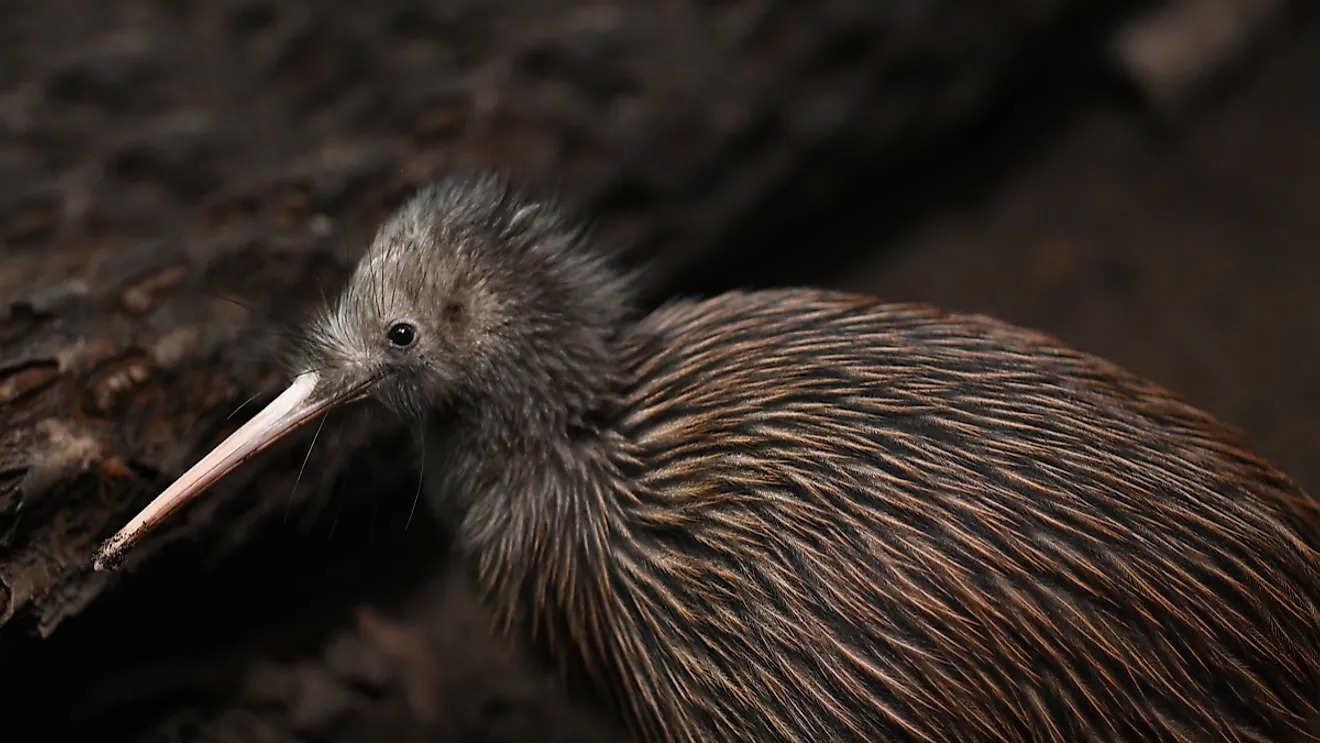What’s The Story Behind New Zealanders Being Called Kiwis?

Why are New Zealanders called Kiwis? The answer lies in a unique blend of history, culture, and national pride. The kiwi is a small, flightless bird native to New Zealand, known for its distinctive long beak and nocturnal habits. Over time, this quirky bird became a symbol of the country. During World War I, New Zealand soldiers were often referred to as Kiwis by their Australian counterparts. The nickname stuck, and soon it wasn't just soldiers being called Kiwis—it was all New Zealanders. Today, the term Kiwi is embraced with pride, representing the spirit and identity of New Zealanders everywhere.
The Origin of the Kiwi Bird
New Zealanders are often called "Kiwis," but why? The story begins with the kiwi bird, a unique, flightless bird native to New Zealand. This bird has become a national symbol, representing the country's distinct wildlife and culture.
Unique Characteristics: The kiwi bird has small wings, but it cannot fly. Its long beak and keen sense of smell make it special among birds.
Cultural Significance: The Maori people, indigenous to New Zealand, have long revered the kiwi bird. They consider it a taonga, or treasure, and its feathers were used in traditional cloaks.
National Symbol: Over time, the kiwi bird became a symbol of New Zealand itself. Its image appears on coins, stamps, and even the logo of the Royal New Zealand Air Force.
The Kiwi Nickname in World War I
The nickname "Kiwi" for New Zealanders gained popularity during World War I. Soldiers from New Zealand were often referred to as "Kiwis" by their comrades.
Military Mascot: New Zealand soldiers adopted the kiwi bird as a mascot. They painted it on their equipment and vehicles, making it a recognizable symbol.
Global Recognition: As New Zealand soldiers fought alongside other Allied forces, the nickname "Kiwi" spread. It became a term of endearment and respect for the brave soldiers from New Zealand.
Post-War Identity: After the war, the nickname stuck. New Zealanders embraced "Kiwi" as a proud identifier, symbolizing their courage and unique heritage.
Kiwi in Modern New Zealand
Today, the term "Kiwi" is widely accepted and used by New Zealanders themselves. It reflects their national pride and identity.
Everyday Use: New Zealanders call themselves Kiwis in everyday conversation. It’s a term that unites people from different backgrounds and regions.
International Recognition: Globally, people recognize "Kiwi" as a term for someone from New Zealand. It’s a friendly, informal way to refer to New Zealanders.
Cultural Impact: The kiwi bird and the nickname "Kiwi" continue to influence New Zealand culture. From sports teams like the All Blacks to popular brands, the kiwi symbol is everywhere.
Kiwi Bird Conservation Efforts
Despite its symbolic importance, the kiwi bird faces threats in the wild. Conservation efforts are crucial to protect this national icon.
Habitat Loss: Deforestation and human activities have reduced the kiwi bird’s natural habitat. Conservationists work to preserve and restore these areas.
Predator Control: Introduced predators like stoats and cats pose significant threats to kiwi birds. Programs to control these predators help protect kiwi populations.
Breeding Programs: Captive breeding programs aim to increase kiwi numbers. These programs release young kiwis into protected areas to boost wild populations.
The Kiwi Identity
New Zealanders proudly embrace the Kiwi nickname. It stems from the kiwi bird, a unique, flightless bird native to New Zealand. This bird symbolizes the country's distinctiveness and resilience. During World War I, New Zealand soldiers were first called Kiwis, and the name stuck. Over time, it became a term of endearment and national pride.
The kiwi fruit also played a role. Originally called the Chinese gooseberry, it was rebranded as kiwi fruit in the 1950s to boost exports. This further cemented the Kiwi identity.
Today, being called a Kiwi is a badge of honor. It reflects New Zealand's culture, heritage, and the friendly, down-to-earth nature of its people. Whether referring to the bird, the fruit, or the people, the term Kiwi is a cherished part of New Zealand's identity.

